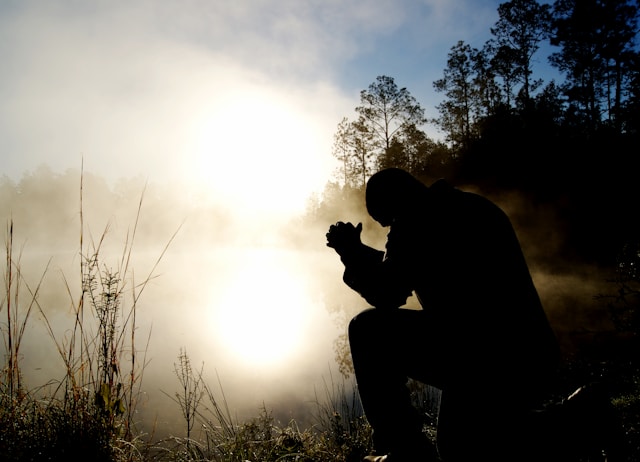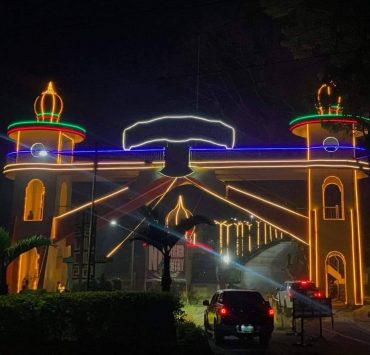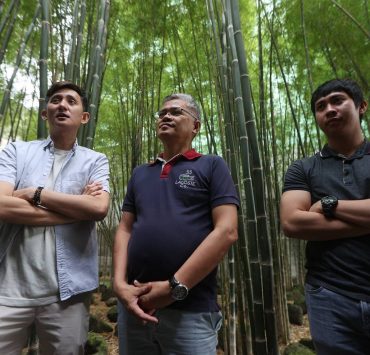How the Philippines restricts religious freedom

The issue of religious freedom is an important part of Philippine governance seldom discussed in the larger culture outside academia. This may be due in part to the perception of equality in issues, including divorce. Note that Christians cannot get a legal divorce in the Philippines, while Muslims can. Many would perceive this as equal representation according to these religions’ concepts, but a closer look reveals major flaws in this thinking.
The application of the Establishment Clause of the 1987 Constitution also grants freedom of religion, in that the government cannot enforce a particular spiritual belief system on its citizens.
How does the issue of divorce violate the Establishment Clause? Firstly, it creates a divide between major belief systems in the Philippines. It is rather clear that the Philippines has no divorce for Christians in mimicry of the Catholic Church doctrine. However, Catholics are not the only Christians in the Philippines. Protestants tend to hold similar beliefs as Muslims regarding divorce, in that it is discouraged but viable when parties in the marriage are wronged.
Technically this is true for Catholics as well, but in the Philippines this is problematic because only annulment is allowed for all Christians, and there is no divorce encoded in civil law. This effectively makes the Catholic Church the de facto church of the Philippines despite having no such position legally. Annulments are also prohibitively expensive for the average person, which leads to people being bound to each other regardless of whatever problematic issues arise, such as spousal abuse, child abuse, and many other terrible circumstances.
Additionally, the lack of a divorce law creates a discriminatory state. People seldom acknowledge that this exists in the Philippines, but it does. If there are separate divorce laws for Christians and Muslims, then that is discrimination on the basis of religion which is a violation of the Constitution’s freedom of religious expression provision. Just because people are Catholic does not deny them the right to divorce, just as being Muslim does not mean having a right not granted to others; the civil law should be equally applied to all citizens, leaving religious beliefs to practitioners in their personal life.
Religion is a fundamentally personal issue. What the majority of Filipino legislators do not seem to understand is the idea that they cannot impose their beliefs on others; that is in fact illegal. No matter how sacred you personally find marriage, you cannot impose this belief on others as a state official. This violates both the Establishment Clause and the freedom of religion and freedom of expression components of the Constitution.
It should also be noted that not all Filipinos are religious. Why should a nonreligious Filipino need to follow what is unambiguously a religious doctrine put into law? This should extend to Filipino society as a whole: if you believe that no divorce is allowed in Christian doctrine, then that is great. You never have to get a divorce if you do not want to. But what gives you the right to control someone else’s life based on your personal interpretations of doctrine? Or for that matter, your church congregation’s or denomination’s interpretations?
This is a question that people need to ask themselves. Why does their opinion matter more than others’? Why does their spiritual disgust matter more than that of another? The Philippines has long been noted as an example of unconsolidated democracy. American sociologist Larry Diamond has defined democratic consolidation as, “a process where the rules, institutions, and constraints of democracy become ‘the only game in town.’” What this means is that regardless of conflict, there are no significant attempts to achieve objectives by illegal or undemocratic means.In consolidated democracies, the rule of law and fair, accessible elections are also held in high regard. Democracy, in a sense, has become a part of the fabric of society, a part of the culture. Issues such as the normalization of political violence, and in this discussion, infringement of the Establishment Clause, contribute to the continued uncertain fate of democracy and freedom of expression in the Philippines.
Sterling V. Herrera Shaw received his master’s degree in Philippine Studies from the University of the Philippines Diliman, where he specialized in sociocultural and development studies.

















